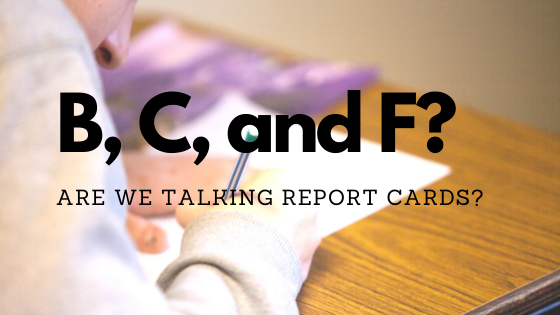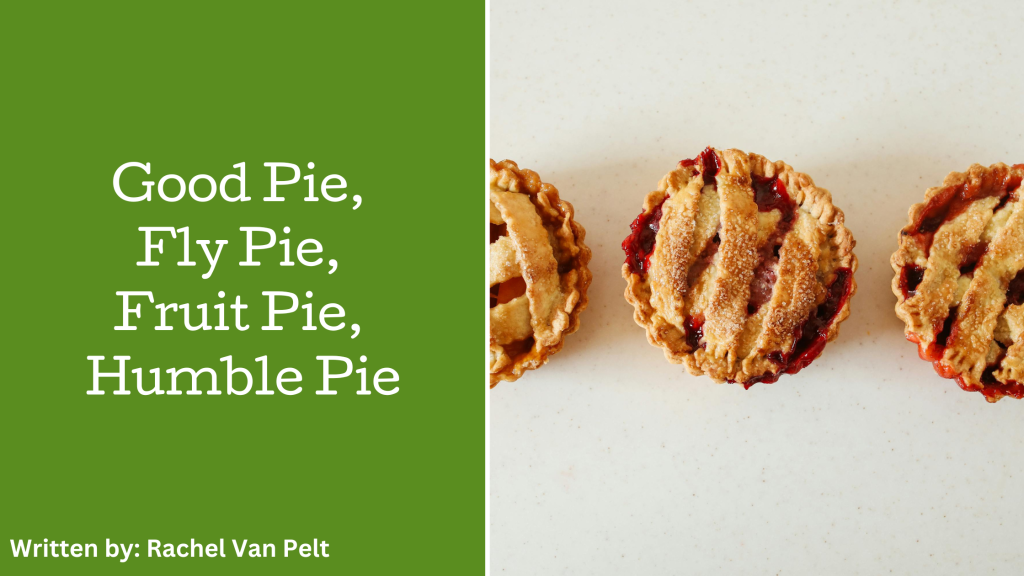Nope, but it was fun to title it that. I am talking about vitamins B-Complex, C, and iron (also known as Ferritin) though. Like I shared last week, supplements can play a large role in healing your brain and adding to recovery.
(Note: I am not a doctor and don’t recommend taking any supplements until you have spoken with your physician or Endocrinologist)
Since our brain injuries, our body functions might not work the same or get the full nutrients they need from the foods we’re eating anymore. That’s why we need to take supplements. This helps get our body back up to processing, digesting, and absorbing the nutrients we need to heal and get stronger. Let’s take a look at what these three powerhouses can offer.
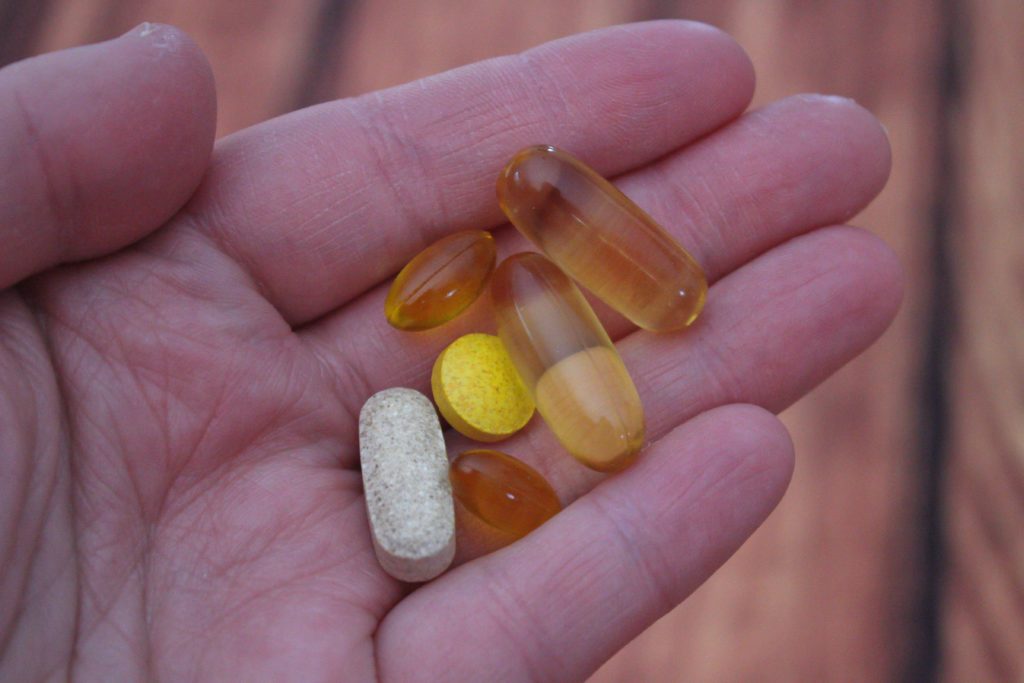
Getting a B-Complex vitamin is important. Each vitamin B offers different abilities and nutritional values. Here’s a quick list of what each B can do:
- “B1 (thiamine): Thiamine plays an essential role in metabolism by helping convert nutrients into energy.
- B2 (riboflavin): Riboflavin helps convert food into energy and also acts as an antioxidant.
- B3 (niacin): Niacin plays a role in cellular signaling, metabolism and DNA production and repair.
- B5 (pantothenic acid): Like other B vitamins, pantothenic acid helps your body obtain energy from food and is also involved in hormone and cholesterol production.
- B6 (pyridoxine): Pyridoxine is involved in amino acid metabolism, red blood cell production and the creation of neurotransmitters.
- B7 (biotin): Biotin is essential for carbohydrate and fat metabolism and regulates gene expression.
- B9 (folate): Folate is needed for cell growth, amino acid metabolism, the formation of red and white blood cells and proper cell division.
- B12 (cobalamin): Perhaps the most well-known of all the B vitamins, B12 is vital for neurological function, DNA production and red blood cell development.”
Taken from https://www.healthline.com/nutrition/vitamin-b-complex#who-should-take-them? (Bold text added for brain repair emphasis)
Here’s another resource: https://www.medicalnewstoday.com/articles/324856#daily-recommendations
As you can see, Vitamin B Complex is an essential tool towards brain repair and proper body functioning. It helps brain and nerve repair, offering better cognitive functioning and focus. It also provides energy, stronger metabolism, and better moods. It aids in good blood cell repair and circulation as well, moving oxygen throughout your brain and body. These are all things we need post brain injury.
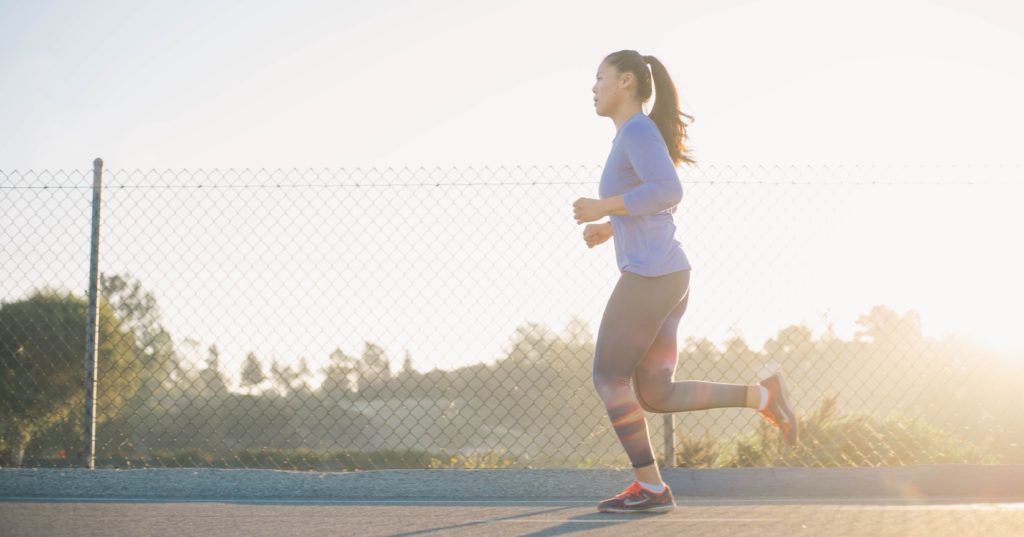
Most of us know that vitamin C is an antioxidant. It helps keep our immunity strong. This is important because when we get sick after our injury, it wipes us out that much more. But does 500mg really cut it?
If you’re taking iron, vitamin C is better around the 1000mg dosage. Iron can tend to stop your bowels up. A decent dose of Vitamin C with iron can keep you regular and your gut happier. So, these two vitamins should be taken together.
“Iron is a mineral that the body needs for growth and development. Your body uses iron to make hemoglobin, a protein in red blood cells that carries oxygen from the lungs to all parts of the body, and myoglobin, a protein that provides oxygen to muscles. Your body also needs iron to make some hormones.” (https://ods.od.nih.gov/factsheets/Iron-Consumer/)
Most people can probably get enough iron from their diets. Lots of red meat, beets, kale, spinach, eggs, etc. carry iron in them. However, as shared in “Endocrinologists Help Brain Injuries“, your pituitary post-injury can be affected, which means your hormones and basic nutrient intake can be as well. Your specialist should monitor your blood every once in a while, to make sure there isn’t a significant dip in your iron and other nutrients.
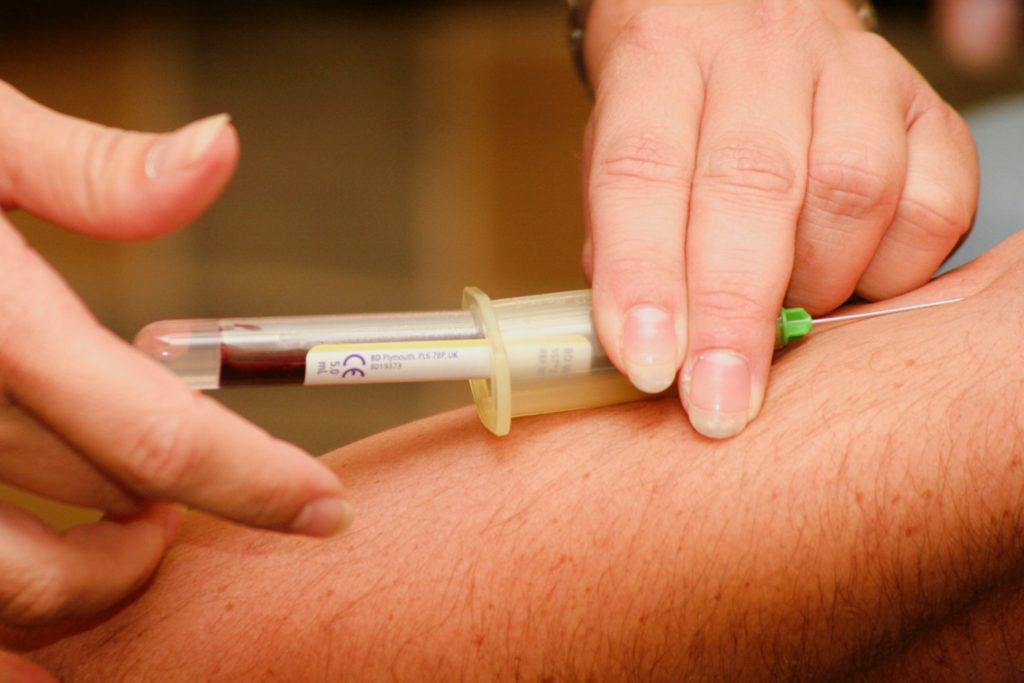
Iron deficiency is something I struggle with since I have Celiacs. I had it at a normal level until my accident. Now it has dropped again. Your iron levels should sit around 80 or higher. If it gets too low (0-25), you’ll feel exhausted all.the.time! This is when iron supplements are important. You don’t need a lot. A good healthy diet with meats and leafy greens will help to boost your levels along with the supplements.
If you are iron deficient, a supplement will be a game changer for you. Vitamin B Complex, C, and Iron work well together, giving restoration and relief to your brain and blood system.
I will mention a little funny note before I go. Your pee will be very yellow after taking vitamin B and C. Don’t be alarmed. It’s just your body eliminating any extra of the supplement that it doesn’t need for the day. You’re welcome

